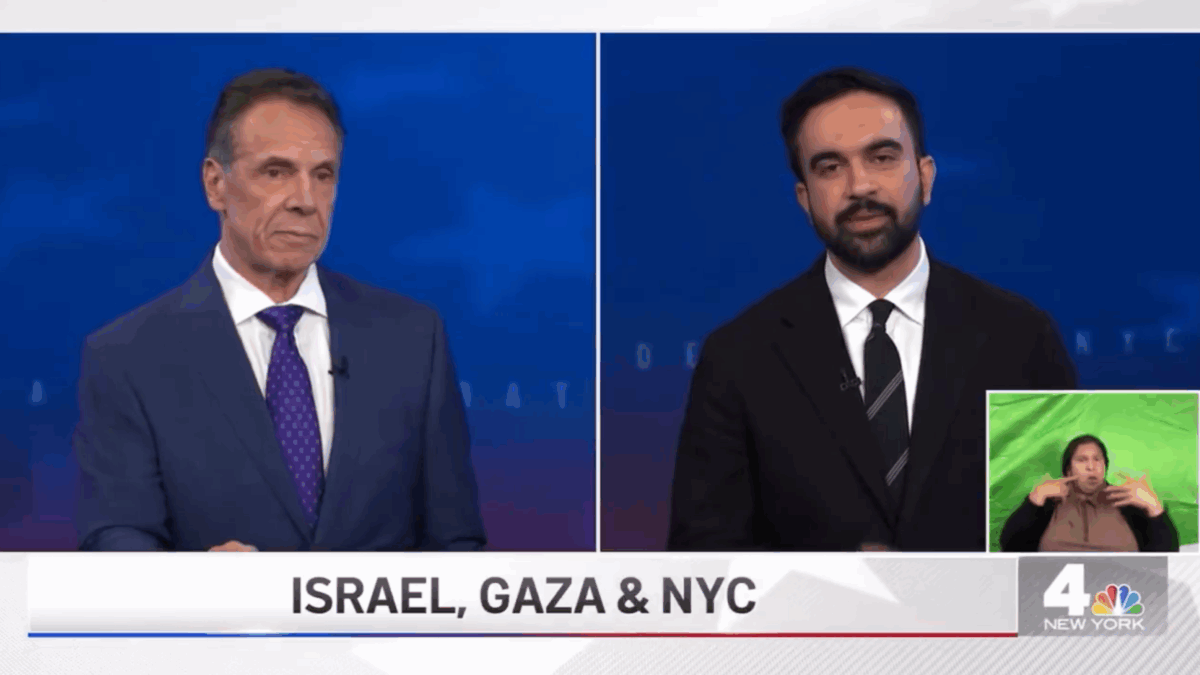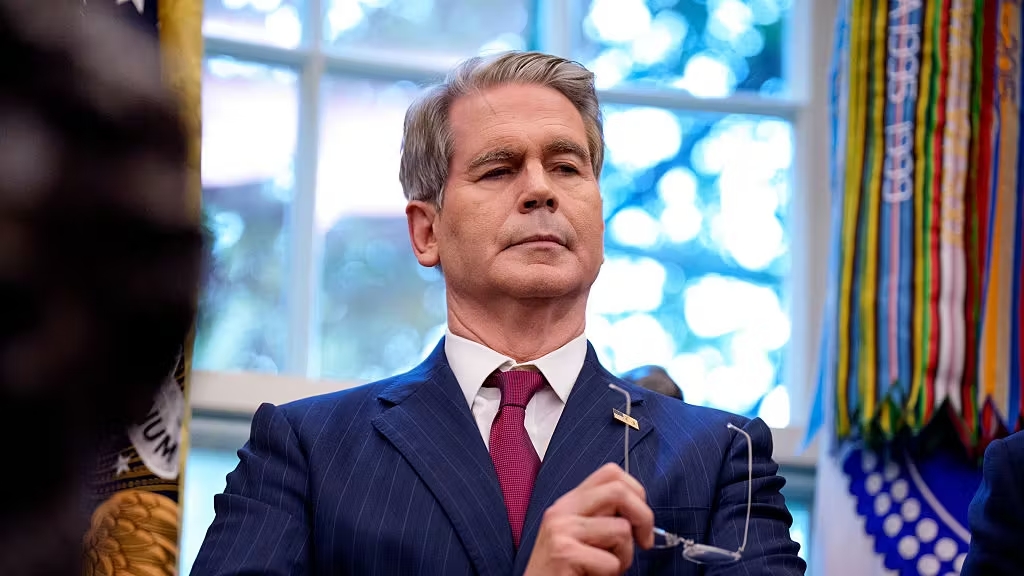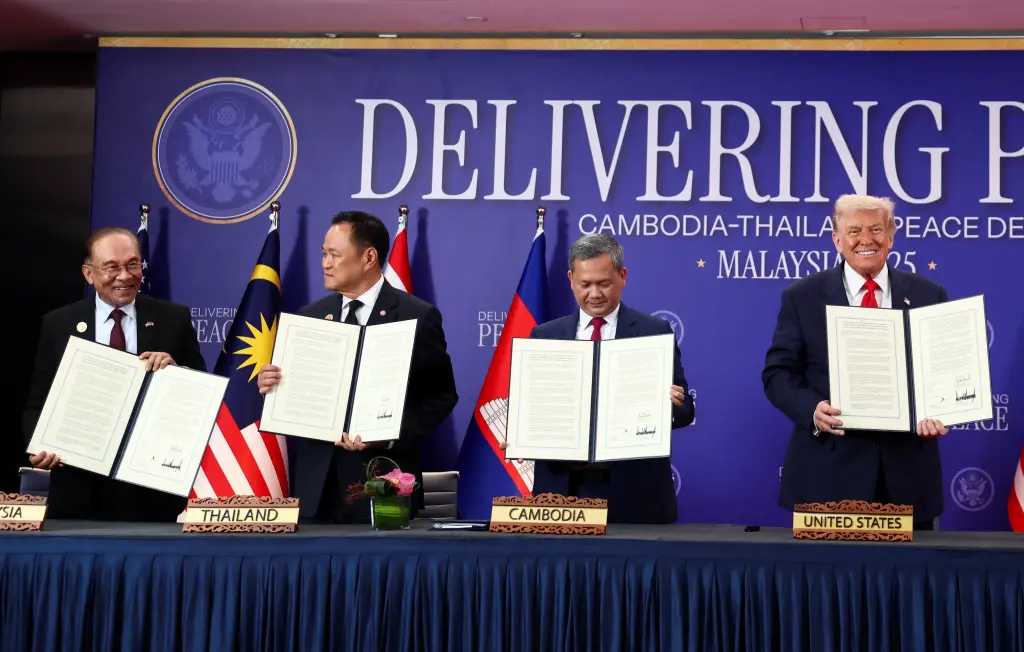In the latest New York City mayoral debate, socialist candidate Zohran Mamdani took a swipe at former Governor Andrew Cuomo, accusing him of being unqualified to be mayor because he hadn’t visited a mosque. "He had more than 10 years and he couldn’t name a single mosque at the last debate we had that he visited,” Mamdani said, emphasizing that “Muslims … want equality and they want respect!"
At first glance, this might seem like a benign remark, a politician connecting with a specific community. But dig deeper, and Mamdani’s comments reveal a much larger issue about the nature of assimilation, migration, and the founding principles of the United States.
In Mamdani’s eyes, it seems a politician’s worth in a city like New York is measured not just by their ability to serve all communities, but by how much they directly engage with them, even to the point of visiting mosques to prove they respect Islam. But here’s the rub: Why does this matter? Is it not enough for a politician to respect all Americans equally, without being asked to prove their allegiance through ceremonial gestures like mosque visits?
For those who value the founding principles of the U.S., such demands feel like a slap in the face. America was founded on a Christian understanding of human nature — the belief that “all men are created equal” because they are “endowed by their Creator” with unalienable rights. This principle, rooted in Genesis 1:27, is not just a religious sentiment but the basis for our system of self-governance, as John Adams and Thomas Jefferson emphasized.
In this context, mass migration from societies with fundamentally different religious and cultural frameworks presents a challenge to the republic. If politicians like Mamdani are suggesting that showing respect to Islam through mosque visits is a necessary measure of political legitimacy, then the bar for political office is being set higher than ever before — and at the expense of the American ideal. When politicians must pander to diverse religious frameworks, they risk undermining the moral and legal underpinnings of the American system itself.
This isn’t just about mosques. What happens when demands shift beyond symbolic gestures to tangible policy shifts? Policies that align with systems fundamentally incompatible with America’s legal and moral order could become the new norm, all in the name of respect for foreign religious traditions. In a scenario like this, American values — the very things that allowed for the flourishing of democracy — could slowly but surely be eroded.
Thomas Jefferson and John Adams recognized the incompatibility between America’s principles of self-governance and the values expressed by Muslim nations. During the Barbary Wars, they met with the Islamic ambassador, who explained that the Quran’s teachings justified waging war on nations that did not submit to Islamic rule. This belief was in stark contrast to the American worldview, where all nations were considered “friends who had done us no wrong.”
This historical anecdote highlights the deep philosophical divides between American republican virtues and those upheld in parts of the Muslim world. Today, we continue to see these differences reflected in the persecution of Christians in Muslim-majority countries, where freedom of religion and self-governance are often trampled. According to the Hoover Institute, 42 out of the top 50 countries that persecute Christians are either Muslim-majority or have sizable Muslim populations. The persecution isn’t just of Christians; it’s of the very ideals that the United States was founded upon — religious freedom, free speech, and self-governance.
Mamdani’s mosque test and the pressure it places on political leaders to show allegiance to a system that may not align with America’s republican virtues is a sign of the dangers of mass migration without assimilation. When political legitimacy is measured by such demands, the foundations of the American republic — as envisioned by the founders — are at risk. The question must be asked: How far will we go to accommodate foreign belief systems at the expense of our own national identity?
America’s greatness lies in its ability to accept immigrants while preserving its core values. But when demands for integration and recognition go beyond respect for diversity and move toward bending political norms, we risk losing the very freedoms that make America unique.



